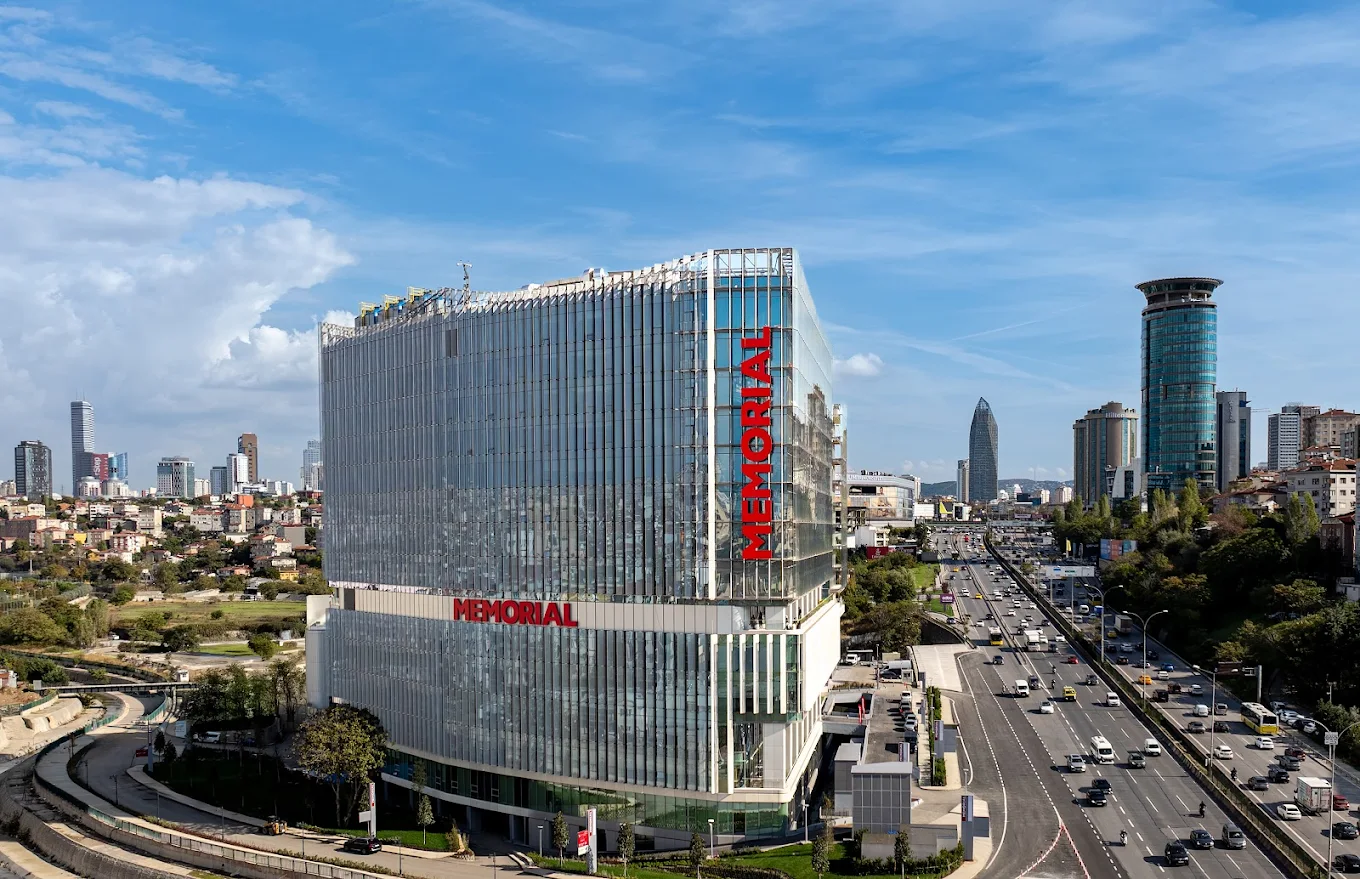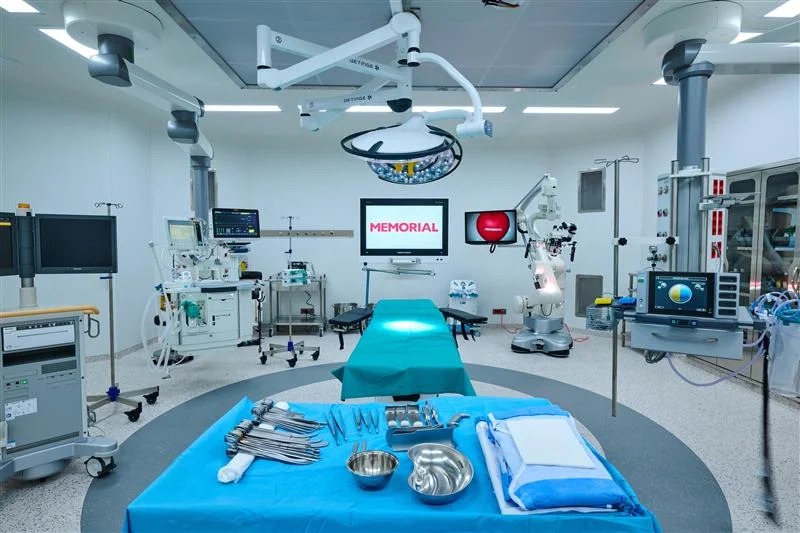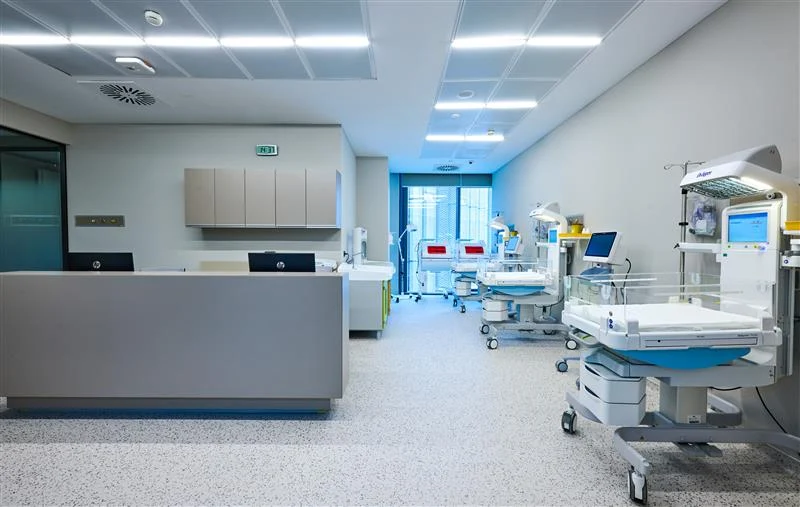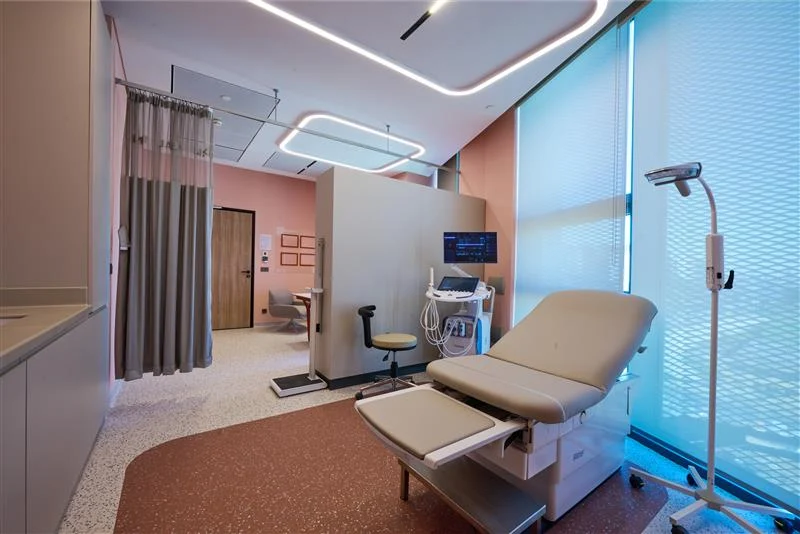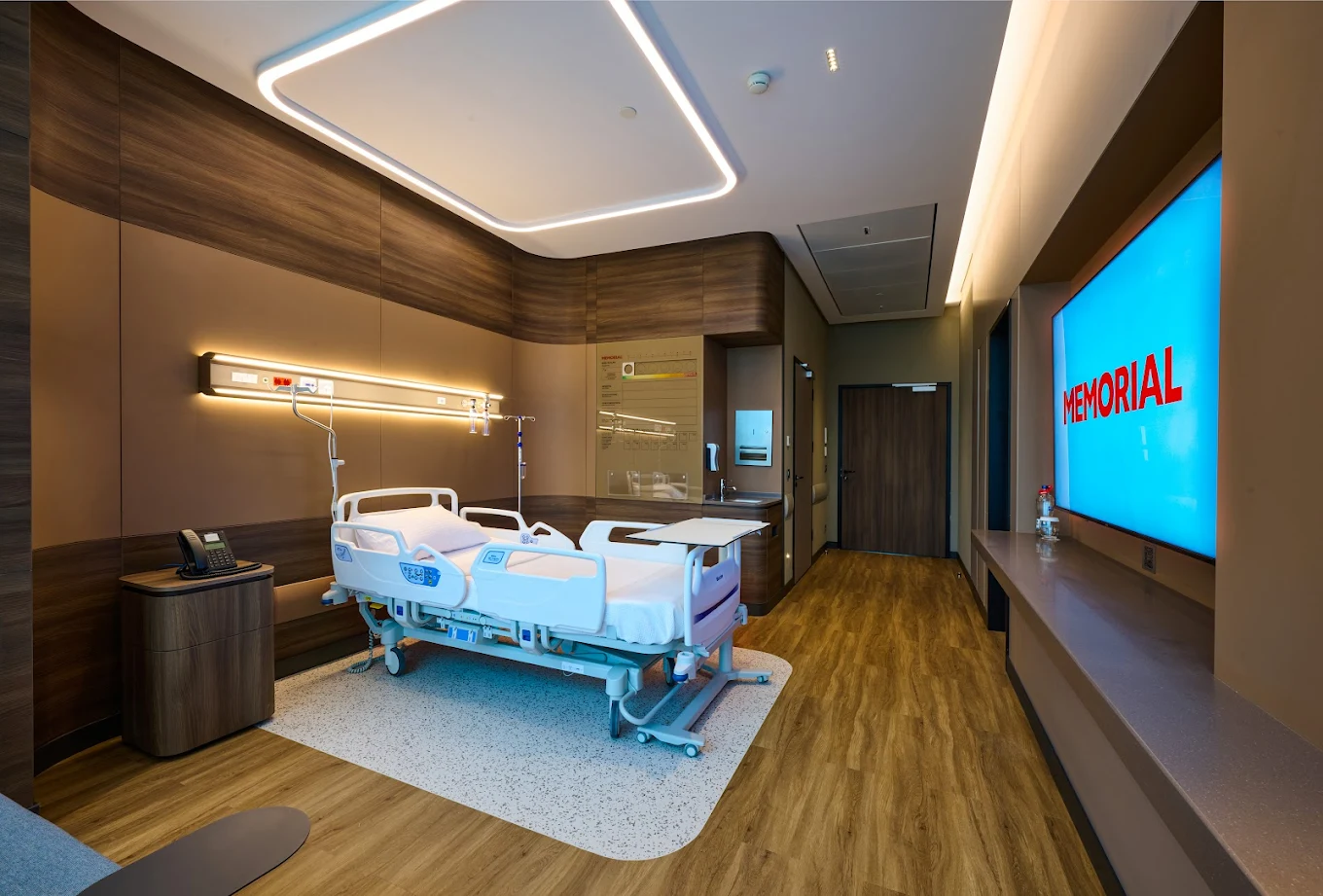Memorial Göztepe is one of the centers chosen by patients from around the world.
The hospital provides internationally recognized services, features modern infrastructure, multilingual staff, and ensures comprehensive and safe care for international patients.
The hybrid operating rooms, equipped with advanced imaging systems, allow surgeons to perform complex procedures — from cardiac and brain surgeries to orthopedic and endovascular interventions — with maximum safety and precision.
Robotic rehabilitation systems accelerate recovery for patients with neurological and orthopedic conditions. The Heart Team, composed of experienced cardiologists and cardiac surgeons, applies personalized and minimally invasive treatment methods.
At the Memorial Göztepe Check-Up Center, all examinations and consultations are conducted in one location and within a short time, making the process highly convenient for patients.
Located in the heart of Istanbul’s Asian side, Memorial Göztepe stands out for its easy transport access. Guided by principles of ethics, quality, and patient care, the hospital aims to set a new standard of medicine for Istanbul and neighboring regions. Here, where art meets health, world-class medical services are offered in an atmosphere of comfort.
